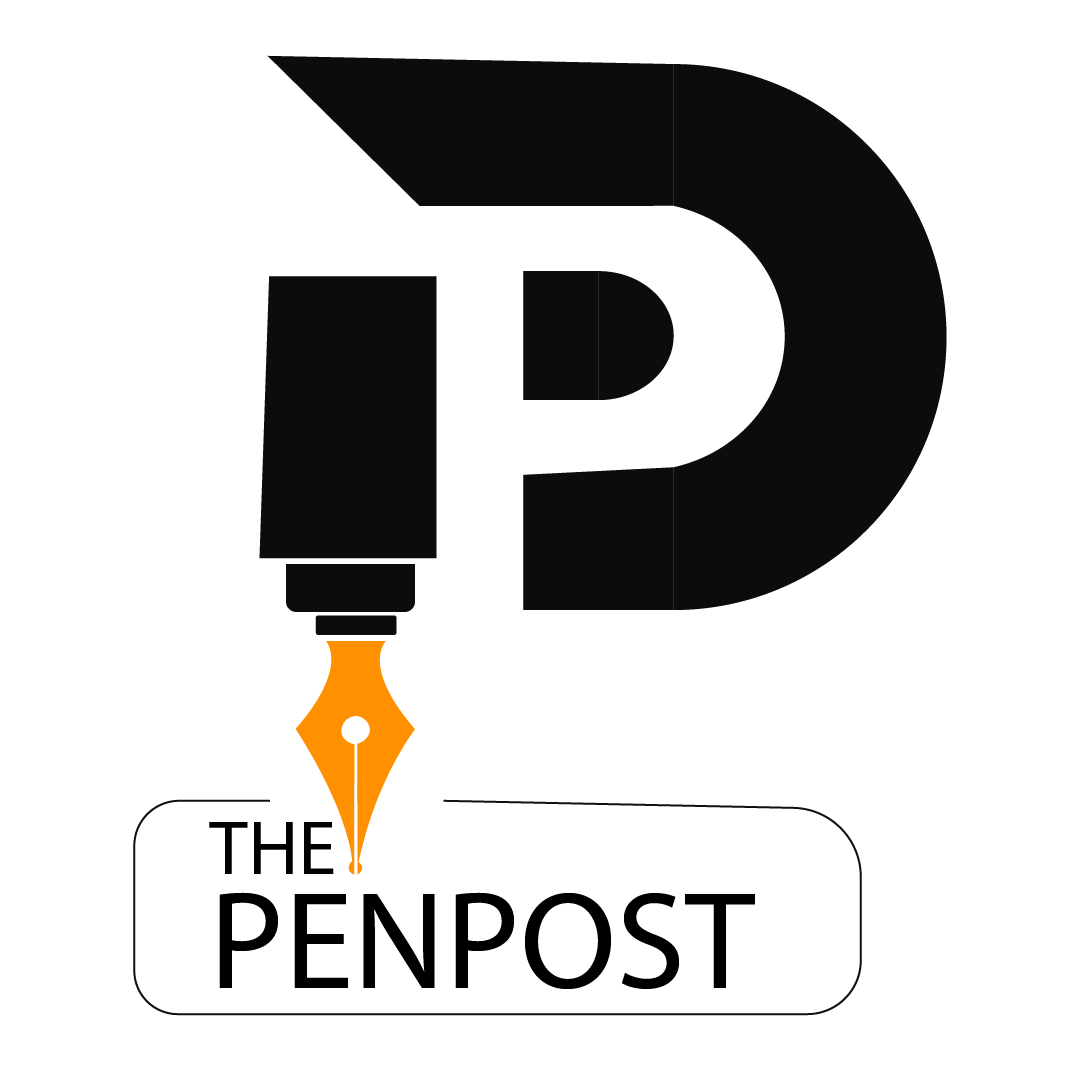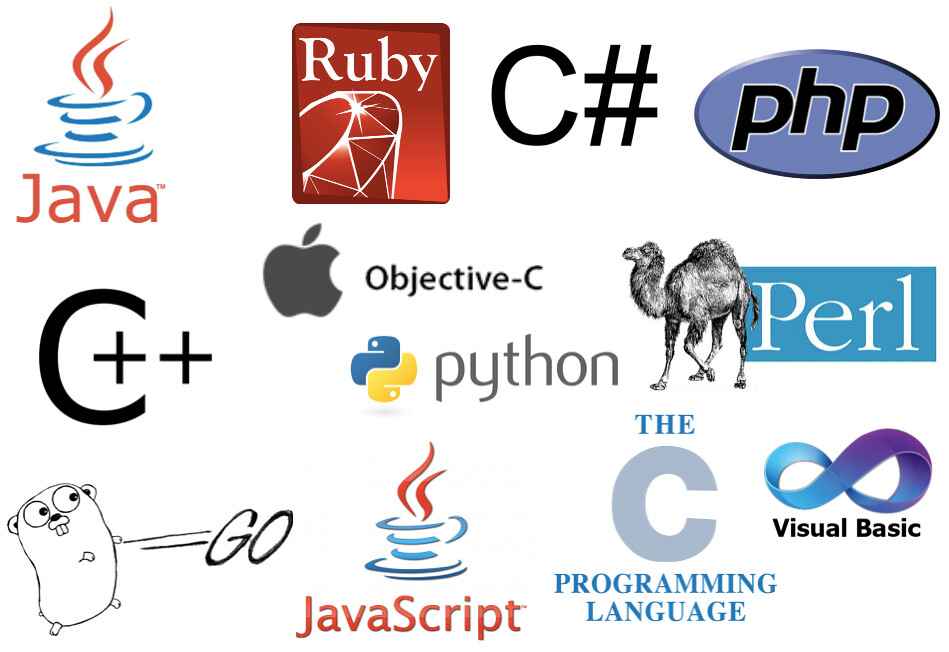The 10 Best Programming Languages to Learn in 2025
Choosing the right programming language can be overwhelming, given the hundreds of options available today. To help you navigate the landscape, we’ve compiled a list of the top 10 programming languages in 2025, based on popularity, versatility, and real-world application.
Whether you’re a beginner or an experienced developer, understanding these languages will help you make informed decisions for your projects and career growth.
1. C
C is often called the foundation of modern programming. Many popular languages, like C++, C#, Java, and Python, have borrowed core concepts from C. Its efficiency and control over hardware make it ideal for developing operating systems, compilers, drivers, and embedded systems. Learning C provides a deep understanding of how software interacts with hardware, giving developers a strong base for advanced programming.
2. Java
Java remains a top choice due to its “write once, run anywhere” (WORA) approach. From mobile apps to web development, Java is used widely in enterprise software, Android development, and large-scale systems. Its versatility makes it a must-learn for developers aiming for cross-platform applications.
3. Python
Python is known for its simplicity and readability, making it a favorite among beginners and professionals alike. Its vast library ecosystem supports web development, data science, artificial intelligence, machine learning, and automation. Python allows developers to build complex applications with less code, accelerating project development and innovation.
4. C++
C++ is a high-performance language built as an extension of C. It combines low-level programming control with object-oriented features. C++ is widely used for game development, system software, high-performance applications, and real-time simulations. Learning C++ equips developers with skills for performance-critical programming tasks.
5. C#
C# is Microsoft’s versatile language for building Windows applications, games, and web applications through the .NET framework. With strong object-oriented programming features, it’s widely used in enterprise environments, desktop software, and mobile development using cross-platform tools like Xamarin. C# is ideal for developers focused on building robust applications quickly.
6. JavaScript
JavaScript is the backbone of modern web development. It allows websites to interact dynamically with users, manage real-time updates, and handle client-side logic. Beyond web browsers, JavaScript powers server-side applications through Node.js, mobile apps, and even game development. Its universal role in development makes it indispensable for front-end and full-stack developers.
7. PHP
PHP is a reliable server-side scripting language for building dynamic websites, processing forms, and managing databases. It’s beginner-friendly and widely supported by hosting providers. With frameworks like Laravel and Symfony, PHP remains relevant for web development, making it an excellent choice for newcomers and experienced developers alike.
8. R
R specializes in statistics, data analysis, and visualization. With extensive libraries for machine learning, statistical modeling, and predictive analytics, R is a go-to language for data scientists and analysts. Its powerful capabilities make it ideal for big data projects and research applications.
9. SQL
SQL (Structured Query Language) is essential for managing relational databases. It allows developers to create, update, query, and manipulate data efficiently. SQL’s ability to interact with databases across platforms makes it crucial for web apps, enterprise systems, and cloud-based solutions. Anyone working with data-driven applications should master SQL.
10. Go (Golang)
Go, developed by Google, combines performance with simplicity. It features fast compilation, garbage collection, and strong concurrency support. Go is ideal for building cloud services, web applications, and systems software. Its efficiency and ease of use have made it increasingly popular among developers seeking modern solutions without the complexity of traditional languages.
Why Learning These Languages Matters
Programming is not just about writing code—it’s about solving problems efficiently. Mastering any of these top 10 languages equips you with the tools to tackle web development, mobile apps, data analysis, system software, and more. Each language offers unique strengths, and learning them can open doors to high-demand roles in tech.
Start with a language that aligns with your goals, explore its ecosystem, and expand your skills. By 2025, these programming languages will remain at the core of software development, offering both stability and opportunity in your coding journey.
Online Java Compiler
An online Java compiler lets you write, compile, and run Java code directly in your browser without installing a JDK. Choose a tool with up-to-date JDK support, fast compilation, clear error messages, input handling, and code-sharing features. Good editors offer syntax highlighting, multiple Java versions, debugging, and one-click execution so beginners and professionals can test snippets or learn quickly. Secure sandboxing prevents harmful operations while collaborative platforms enable pair programming and sharing. Try sample snippets, save sessions, and pick compilers that document limits and provide examples to accelerate learning and development. Compare speed, stability, and community support before committing today.





